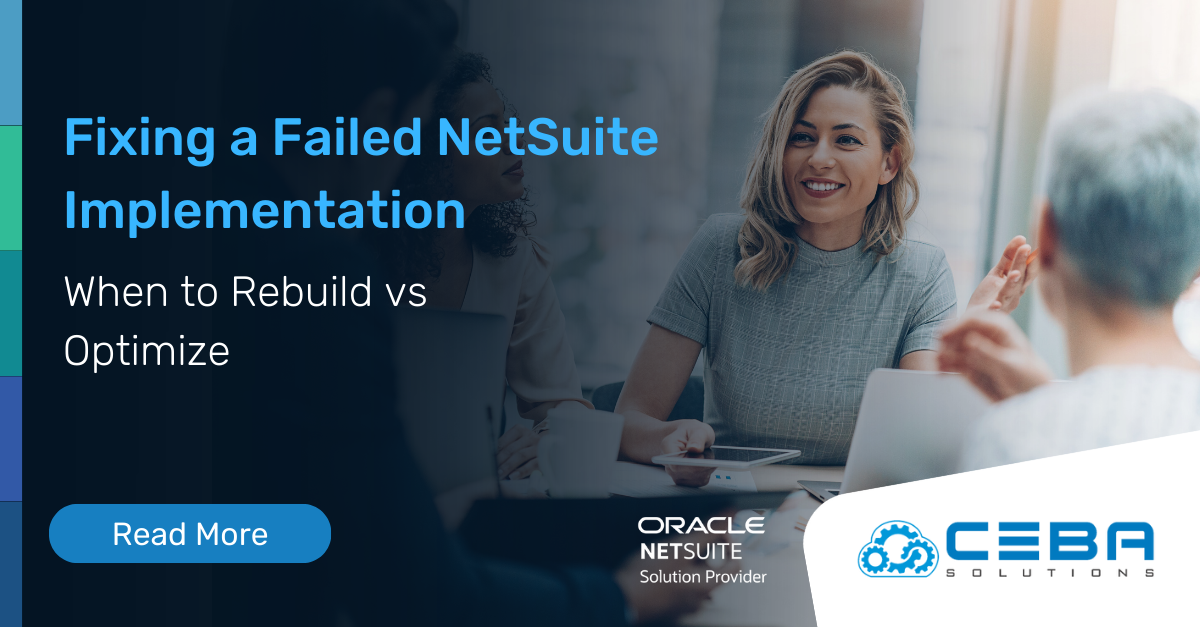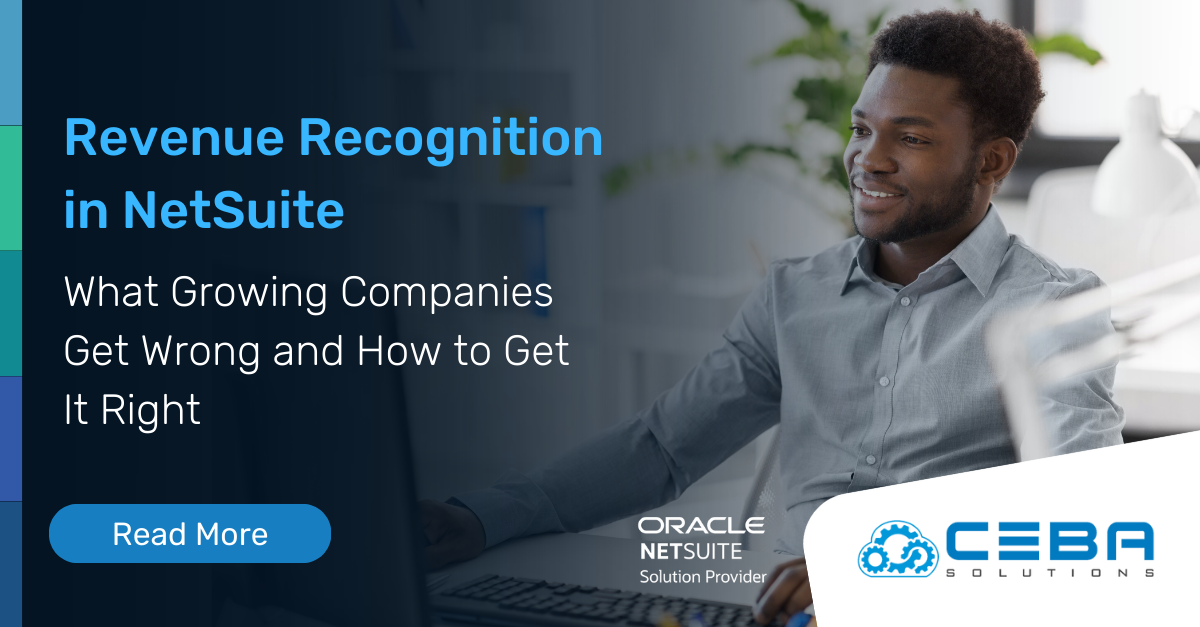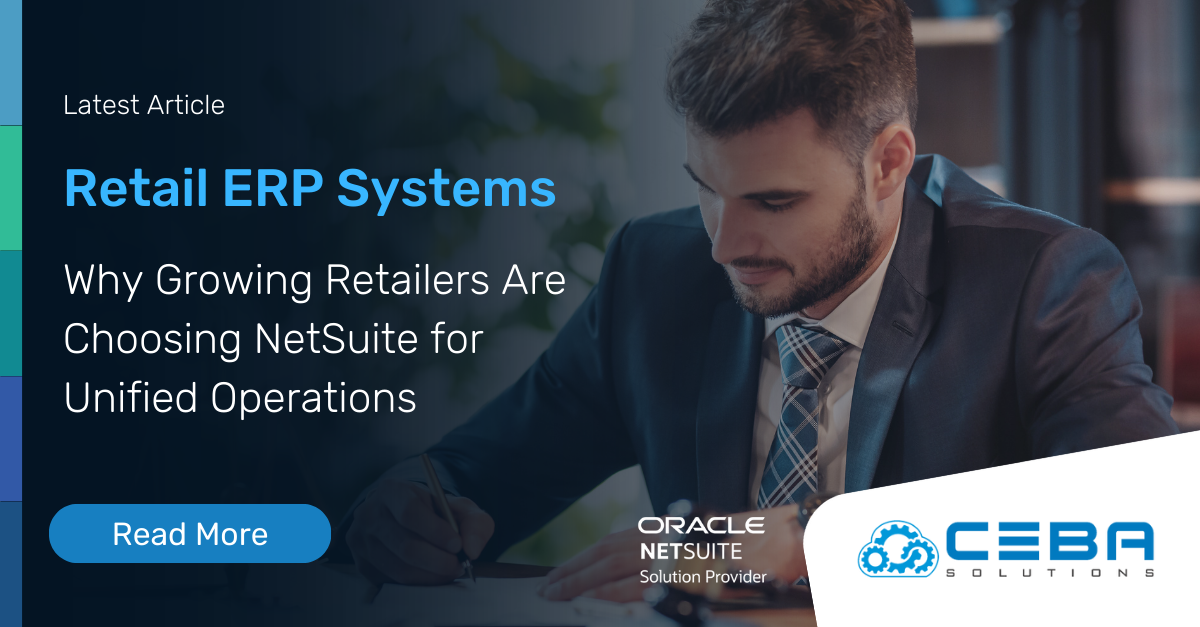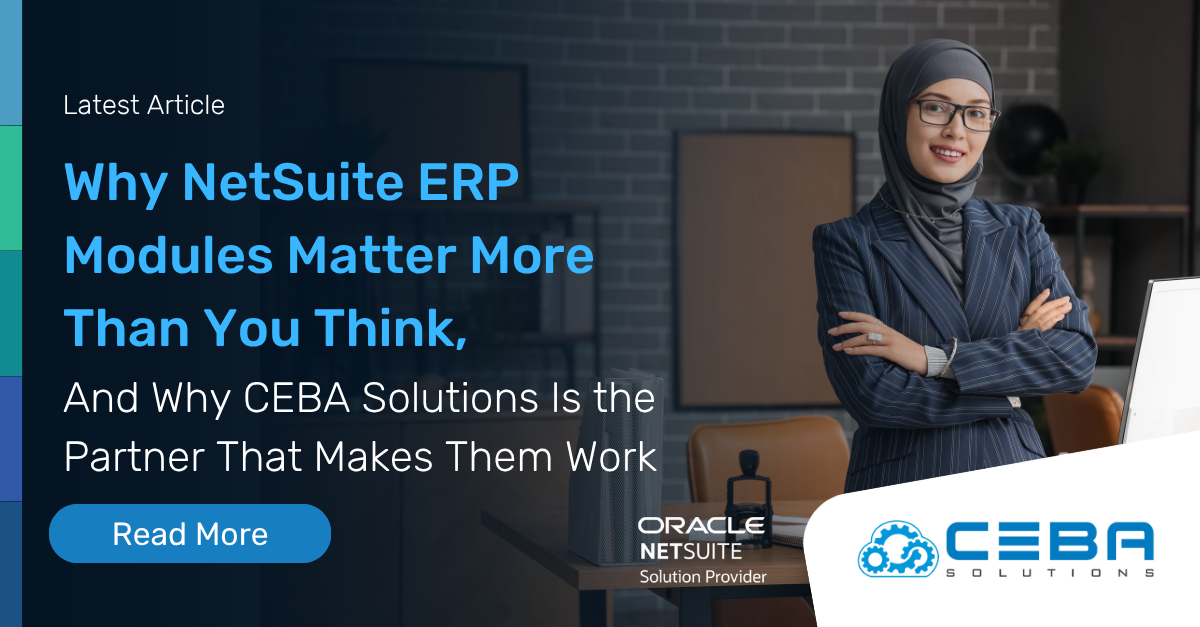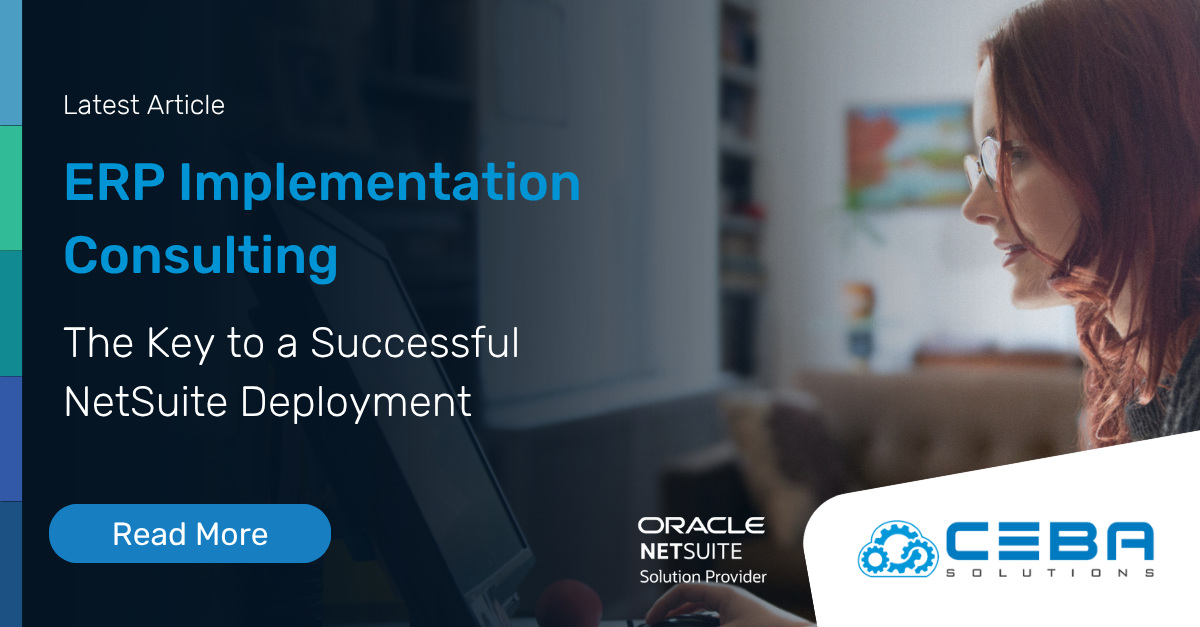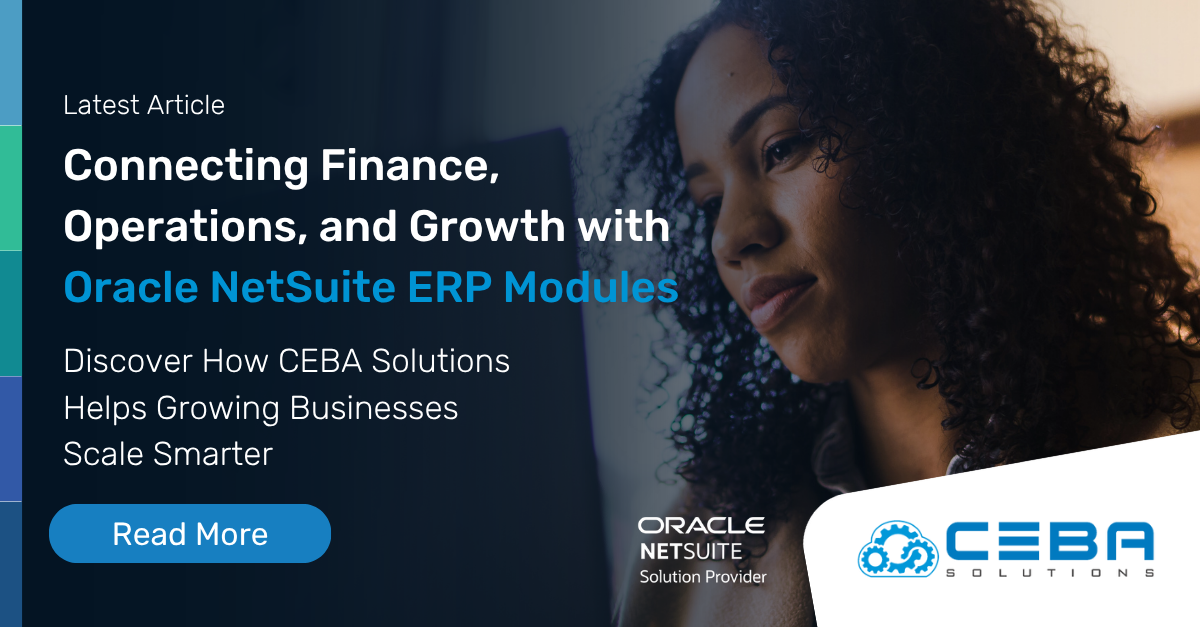
Using Cloud ERP to Drive Risk Out of the Supply Chain
Using Cloud ERP to Drive Risk Out of the Supply Chain
There’s a lot of talk about mitigating supply chain risk right now. With the pandemic exposing many of the underlying vulnerabilities in these complex global networks, companies across most industries are paying closer attention to how their supply chain both negatively and positively impacts their operations, trading partners, and end customers.
In Fast Forward: Rethinking supply chain resilience for a post-COVID 19 world, consulting firm Capgemini says that the COVID-19 crisis has raised serious questions on the resilience of global supply chains, with more than 80% of organizations being negatively impacted by the crisis and a vast majority struggling with significant challenges across all aspects of their operations.
The biggest pandemic-related interruptions include a shortage of critical parts/materials (for 74% of companies), delayed shipments and longer lead times (74%), difficulties in adjusting production capacity in response to fluctuating demand (69%), and difficulties in planning amid high levels of volatility in customer demand (68%).
“Organizations in all sectors covered in our research – retail, consumer products, discrete manufacturing, and life sciences – reported similar challenges across their supply chains,” Capgemini points out, noting that 68% organizations have taken more than three months to recover from supply chain disruptions caused by COVID-19.
Now, 57% of organizations are increasing their investments in improving supply resilience. Many are looking to technology for help, knowing that the aging, disparate software systems that they’ve been running on did little (if anything) to shield them from the negative supply chain impacts created by the pandemic. And even pre-COVID, the complex nature of the supply chain often led to stockouts, extended lead times, delayed deliveries, and production interruptions.

Cloud ERP Answers the Call
The good news is that a unified, cloud enterprise resource planning (ERP) system can help companies mitigate supply chain risk, automate manual processes, and gain better control over their end-to-end operations. By consolidating financial, inventory, customer, and other relevant data on a single platform—and then giving users 24/7/365 access from anywhere, via the cloud (even for remote workers)—ERP serves as a single, reliable version of the truth across the enterprise.
With nearly all companies that manage modern supply chains having networks that span the globe, that means literally thousands of different individuals and hundreds of physical locations are involved in those networks. With most companies having poor visibility past their Tier 1 suppliers, the activities of “smaller” partners are usually left on autopilot when times are good, but can quickly turn an entire supply chain on end when a disruption occurs.
“There’s a lot that could go wrong over such a wide web,” Supply Chain Digital notes. “The best ERP systems will help predict and warn you of potential risks across the network, and may source alternative solutions hastily.”
Analytics and Forecasting
Cloud ERP systems like NetSuite also provide analytics and forecasting, both of which can be used to predict (and react to) potential supply chain disruptions. Using predictive supply chain analytics, for example, a company can perform risk analysis assessments and use the results for better decision-making during disruptive times. As we saw with the pandemic, an otherwise straightforward issue (e.g., high demand for face masks, PPE, or cleaning supplies) can quickly snowball into a major problem—read, empty store shelves and warehouse shelves—if left up to chance.
Using ERP, these and other supply chain risks can be addressed quickly thanks to the high levels of visibility that such software systems provide. And with everyone working from the same database, companies can more readily pinpoint the disruption and compensate for it. By simplifying process management and providing detailed order tracking data, ERP also helps companies maintain delivery schedules, manage inventory, and make quick decisions (e.g., to switch to a different supplier) as needed.
A 360-Degree View
Armed with a 360-degree view of their operations, companies can make smart decisions in any business conditions—good, bad, or otherwise. According to NetSuite, many companies are now increasing their operational flexibility by diversifying beyond single-source arrangements—instead, tapping multiple suppliers of materials, components, and software. They’re also incorporating more flexibility and downside protection into their supply chain partner contracts.
“In addition, companies are reprioritizing supply chain visibility in two important ways: by delving into the financial and operational health of their suppliers and by gaining visibility into their suppliers’ own supply chains,” NetSuite concludes. “Finally, the drive to automate supply chains and incorporate analytical tools is accelerating, so that companies can gain greater understanding of customer demand, monitor their own supply chain response in real time, and analyze all they learn to improve decision-making.”
How NetSuite ERP Streamlines and Stabilizes Your Supply Chain
With the right cloud ERP system, companies can survive and thrive during even the most disruptive situations. By consolidating data, automating manual processes, and gaining visibility into their operations, they can avoid supply chain disruptions and keep their business running smoothly, no matter what.
NetSuite provides a complete, unified cloud ERP system that streamlines and stabilizes your supply chain by giving you the visibility and control you need to make smart decisions quickly. And because NetSuite is a cloud-based system, it’s easy to scale and update as your business grows, ensuring that your supply chain can keep up with your business, no matter what the future holds.
NetSuite gives users functionality to better manage and plan for supply chain issues, including:
- Inventory management across multiple locations
- Asset tracking
- Advanced supply chain planning
- Purchasing and vendor management
- Warehouse and fulfillment management
- Order management
- Returns management
- Billing and revenue recognition
- Supplier financial analysis
NetSuite also provides real-time visibility into inventory, supplier performance, customer demand, and other vital supply chain KPIs that users need to make informed decisions quickly. And because it’s a cloud system, NetSuite can be accessed from anywhere, at any time, making it easy for users to stay on top of their supply chain, no matter where they are.
Interested in Partnering with CEBA Solutions for Your Supply Chain Software Upgrade?
If you’re interested in learning more about how NetSuite ERP can help streamline and stabilize your supply chain, we invite you to contact CEBA Solutions. As a leading provider of cloud-based software solutions, we specialize in helping companies upgrade their ERP systems and improve their business operations. We offer a wide range of services, including software selection, implementation, integration, and support.
Contact us today to learn more about how we can help you upgrade your supply chain software. We’ll be happy to answer your questions and provide you with a free consultation.
About CEBA Solutions
CEBA Solutions is a leading provider of cloud-based software solutions. We specialize in helping companies upgrade their ERP systems and improve their business operations. We offer a wide range of services, including software selection, implementation, integration, and support.
The team at CEBA Solutions has extensive experience helping companies with their supply chain software needs. We’ll work with you to understand your unique business requirements and find the best solution for your needs.




.png)


